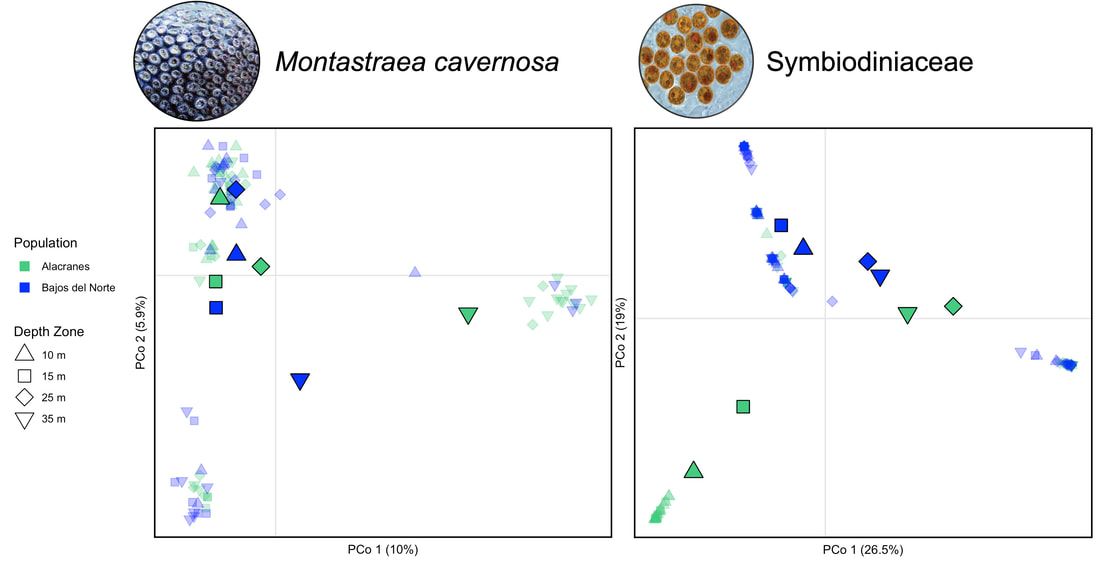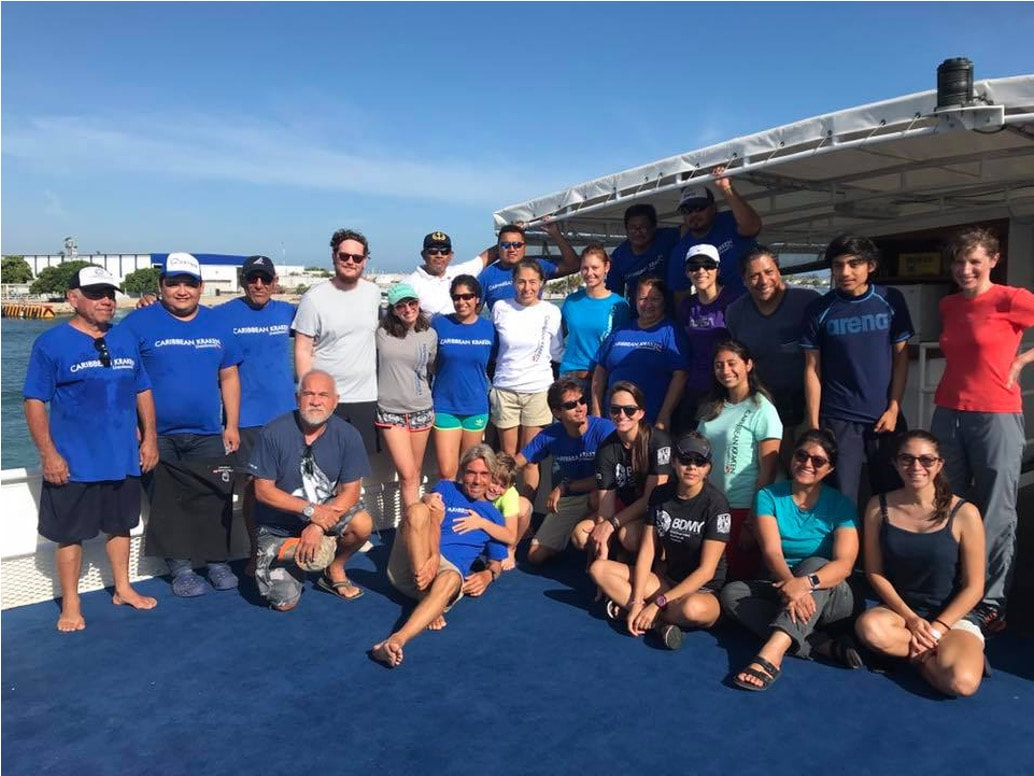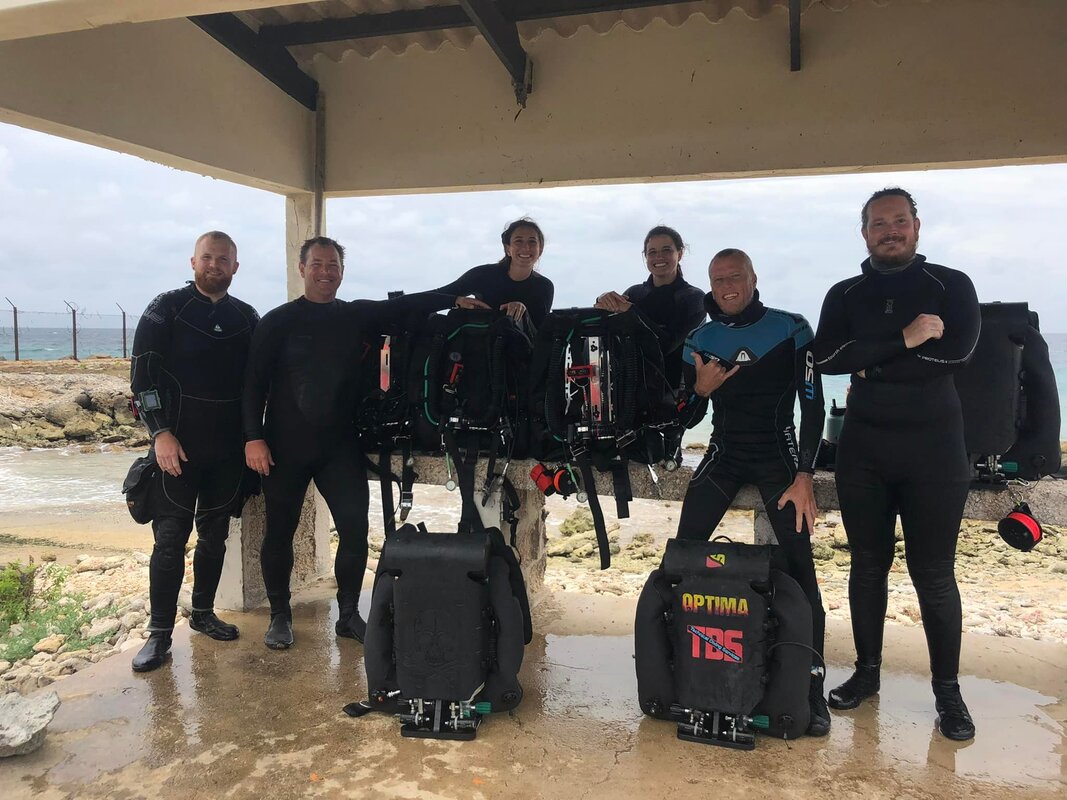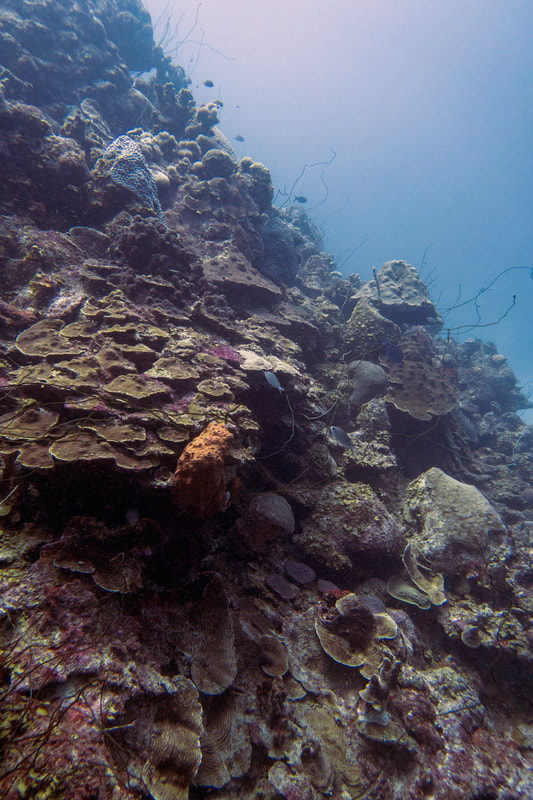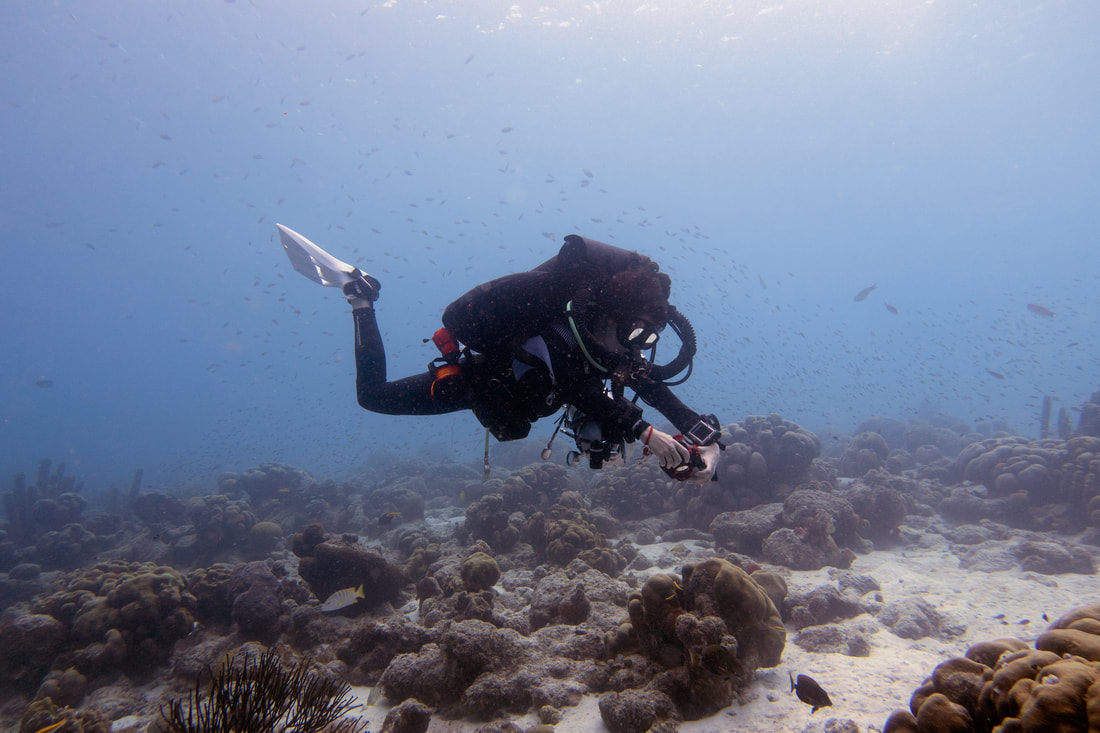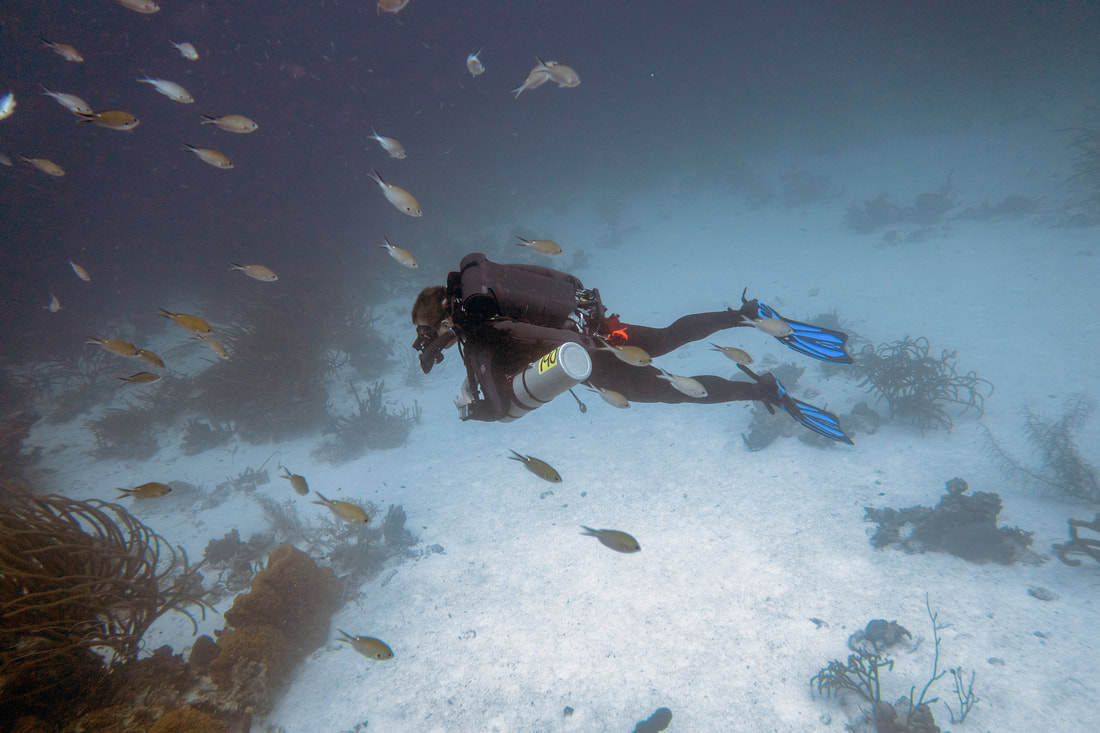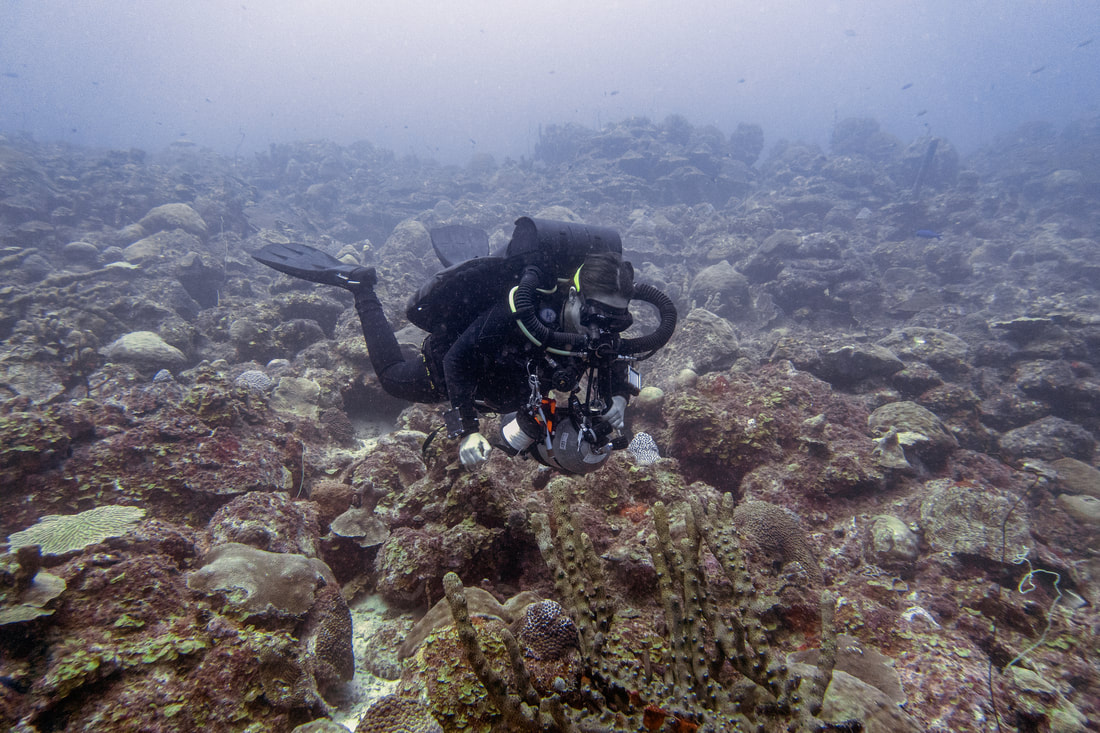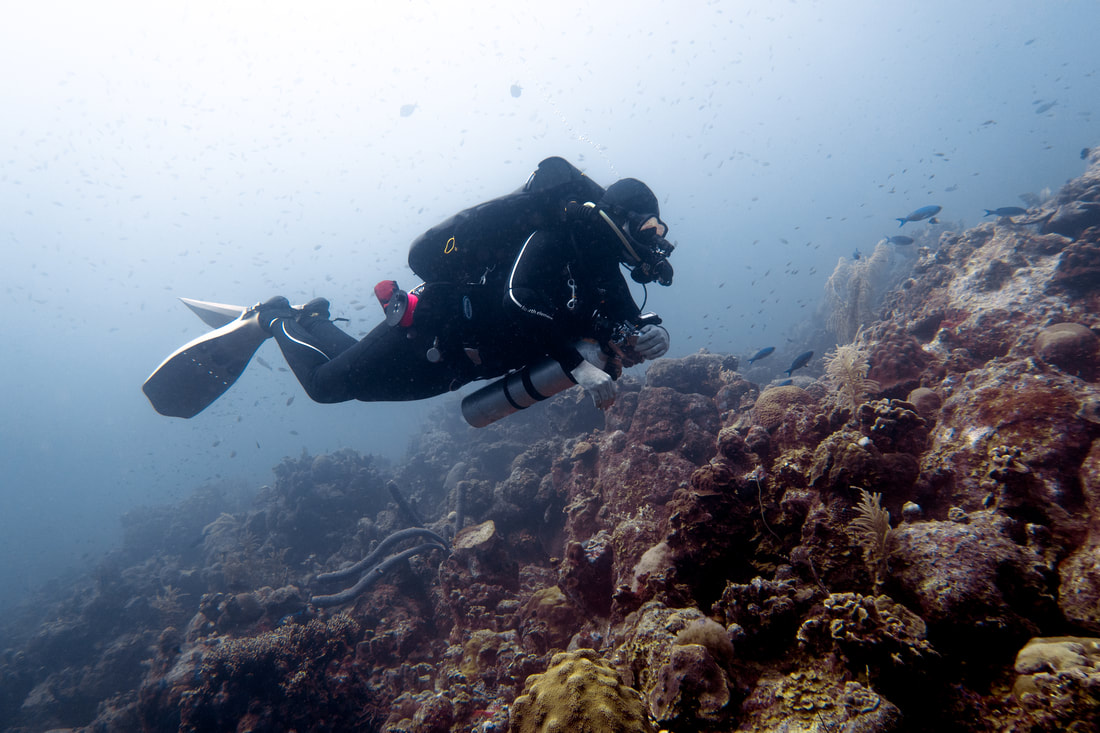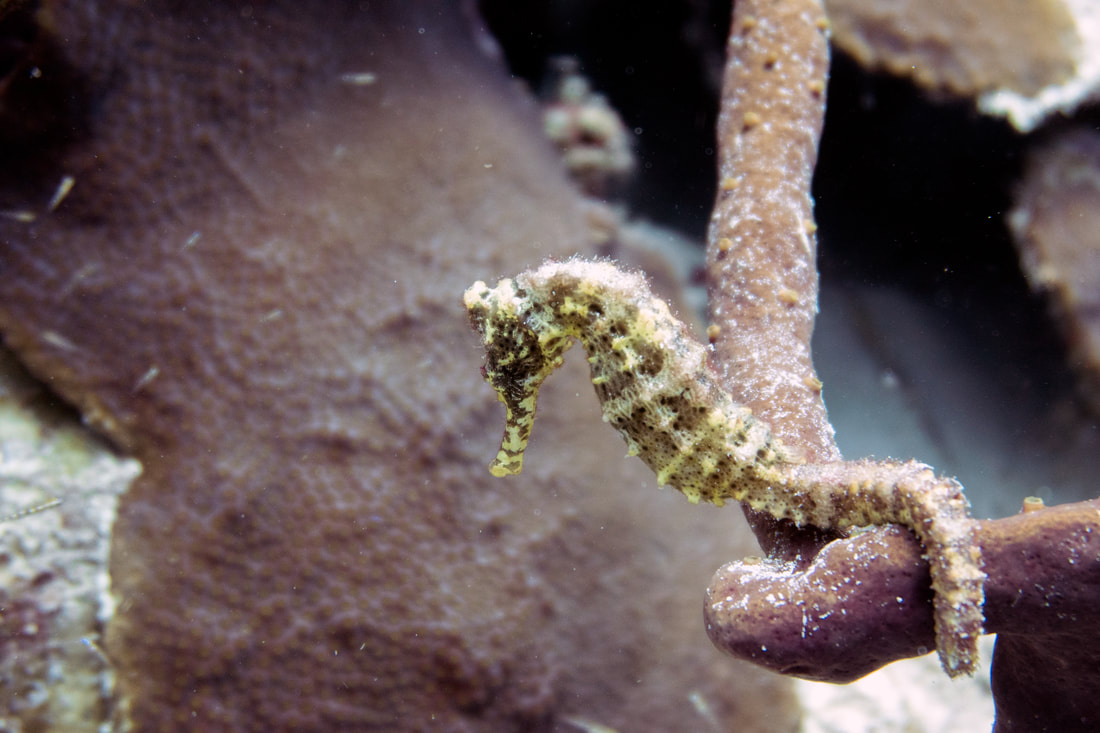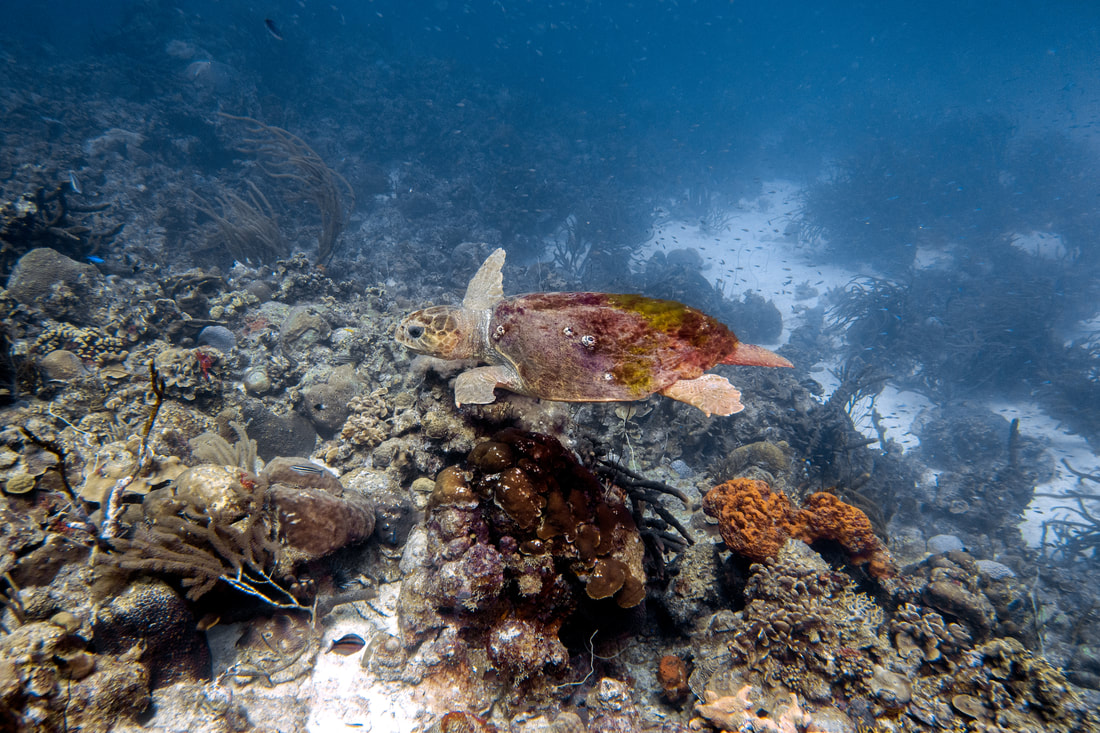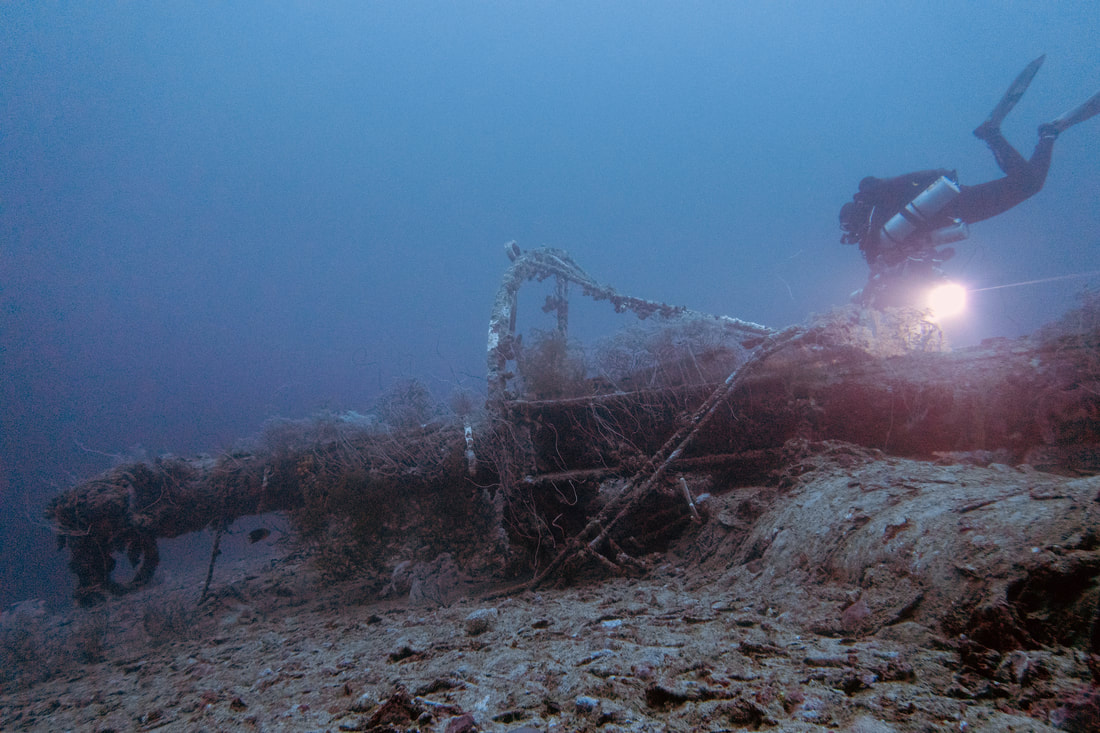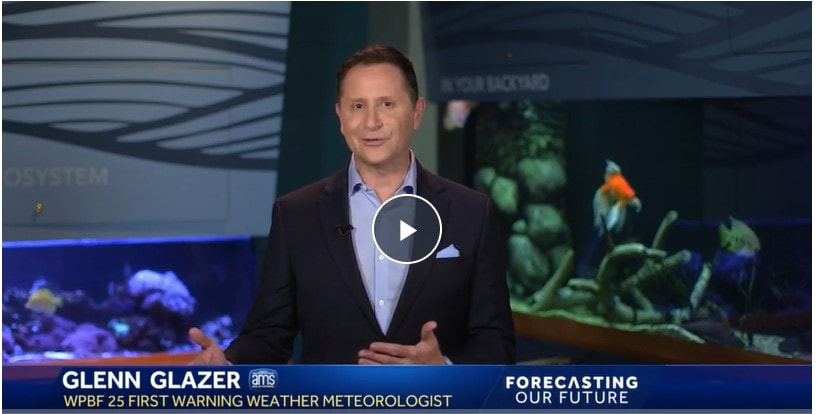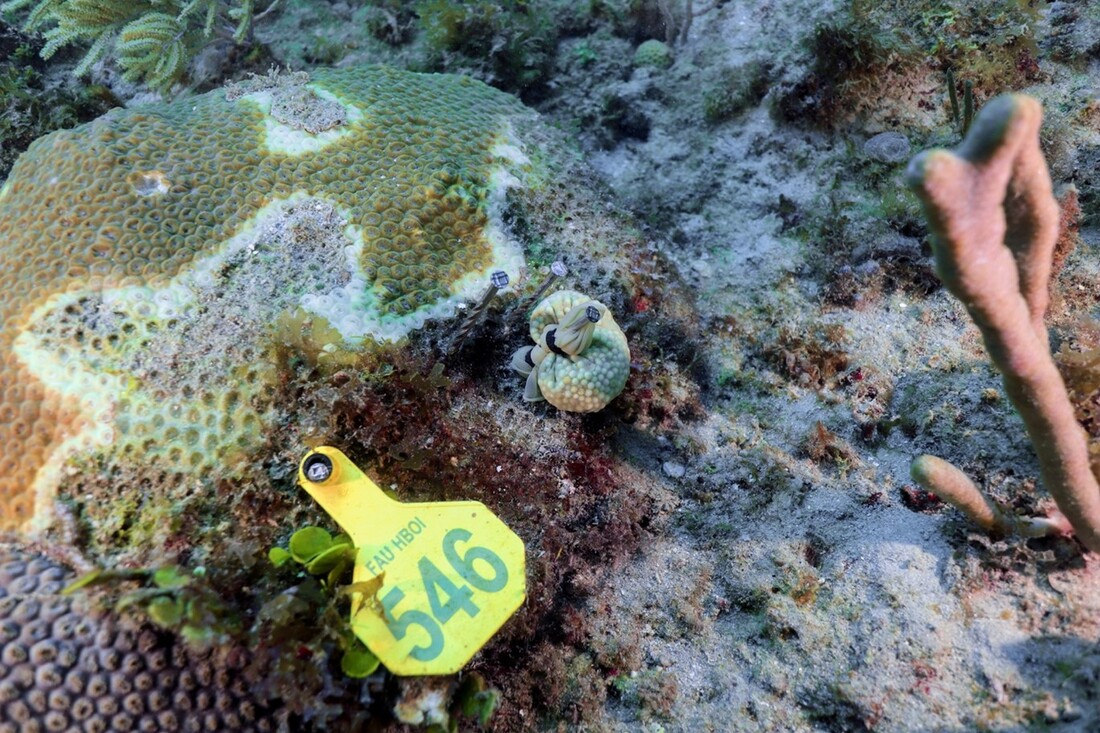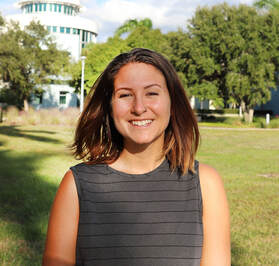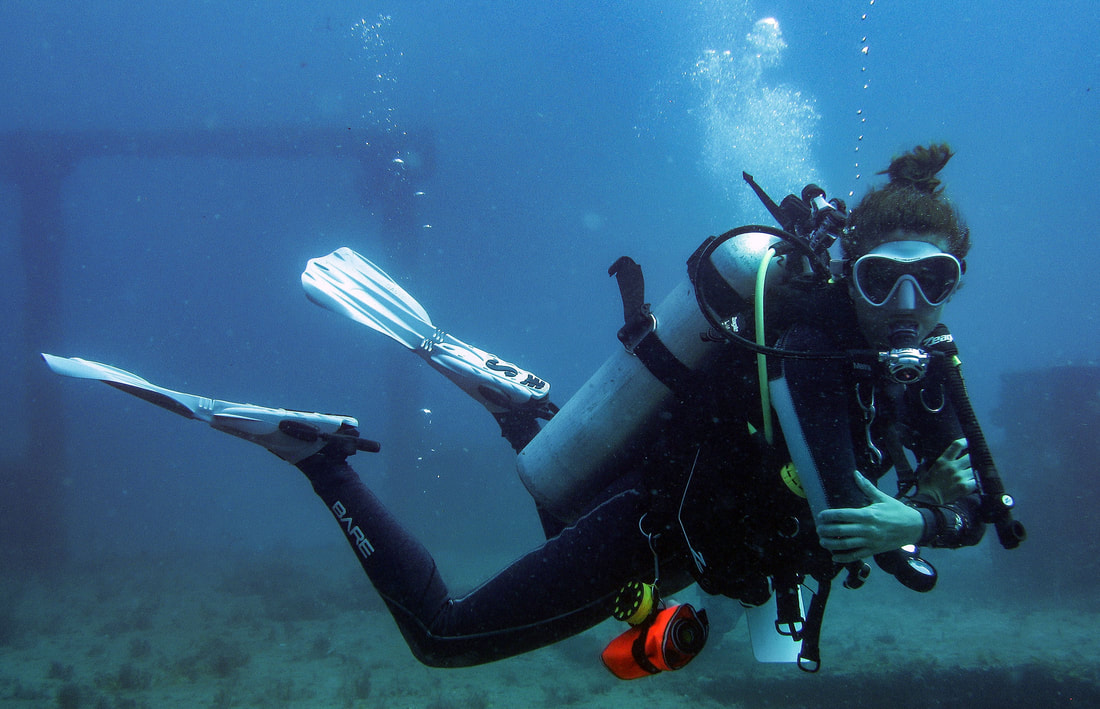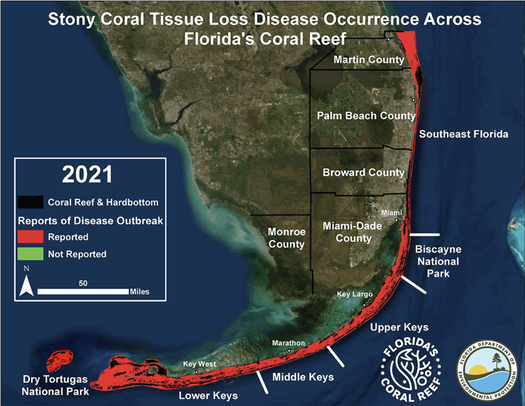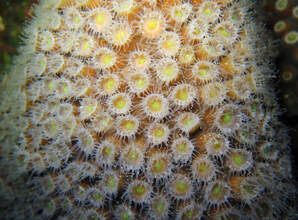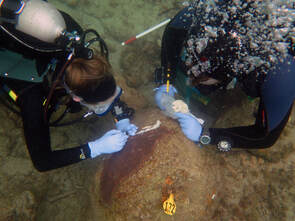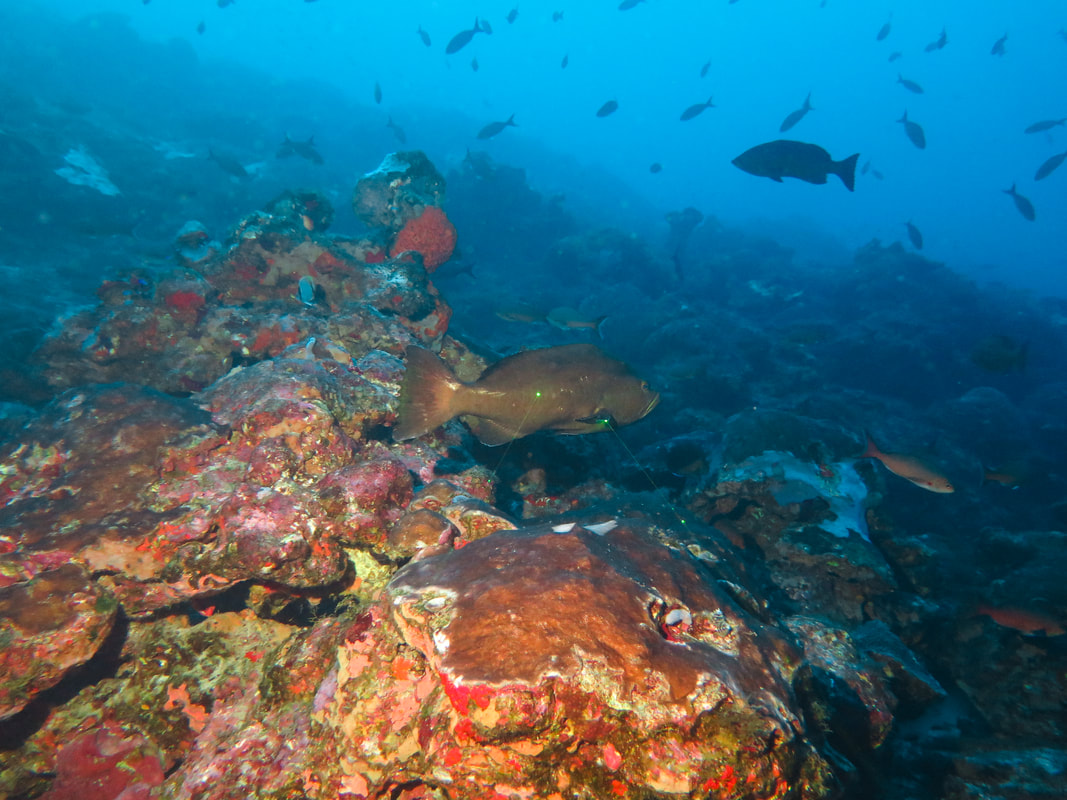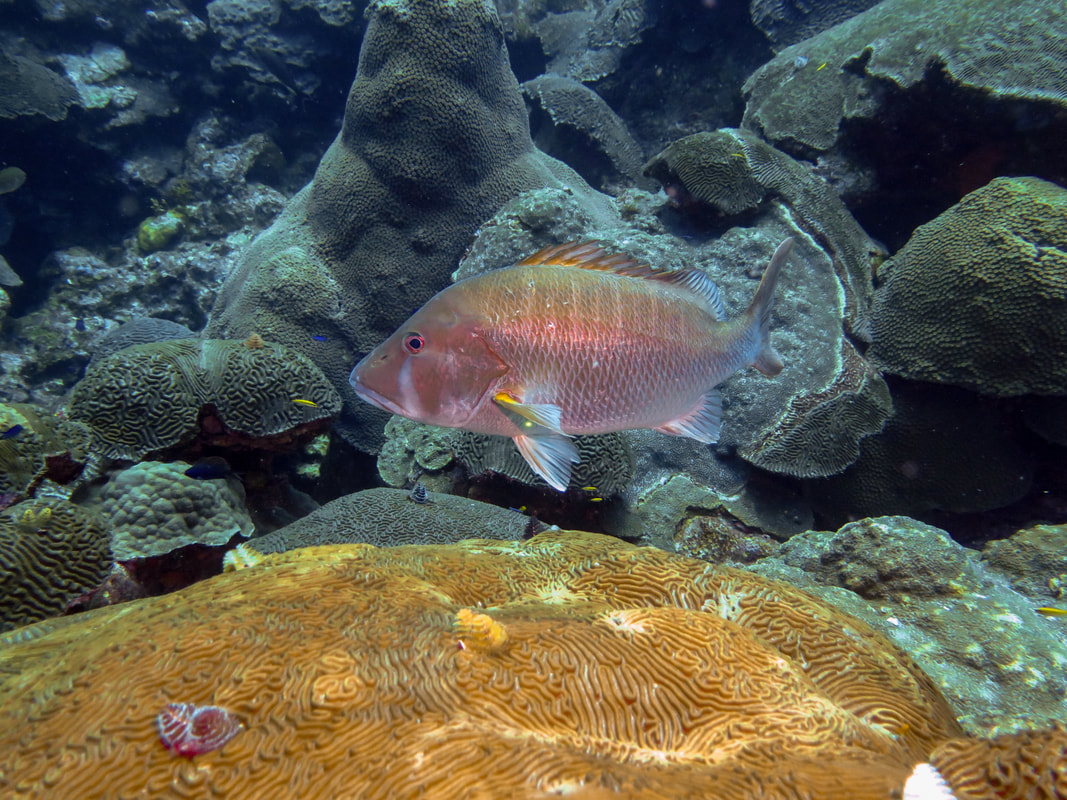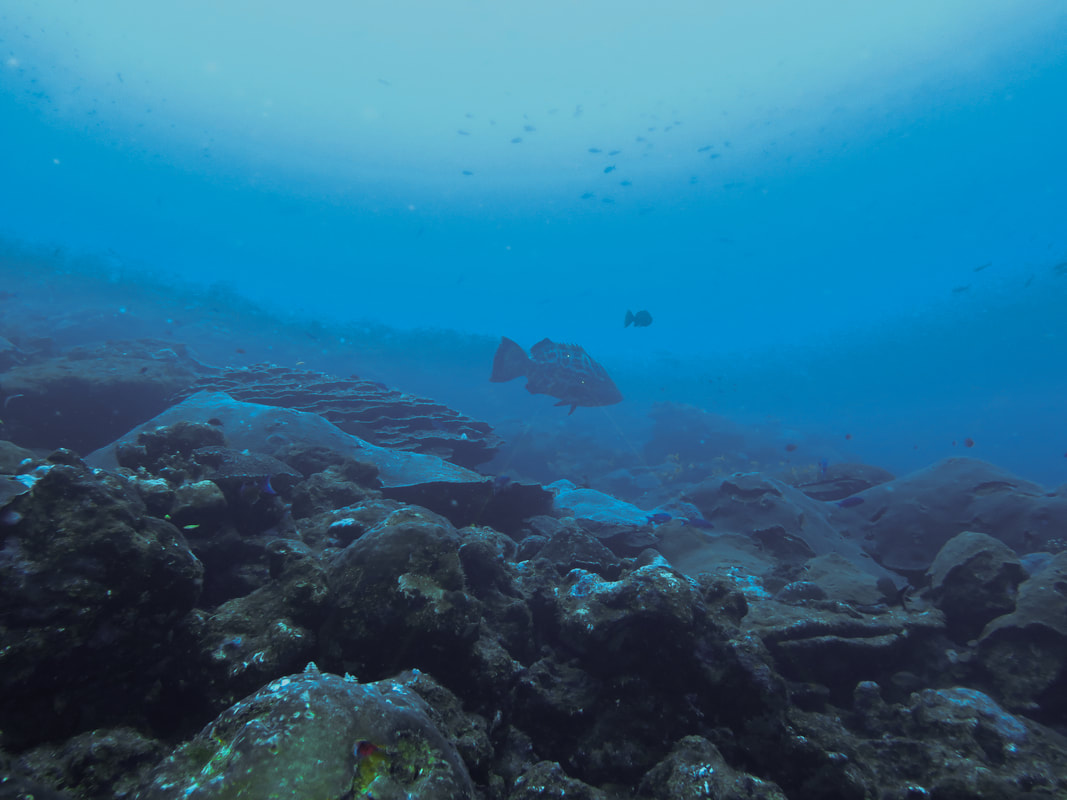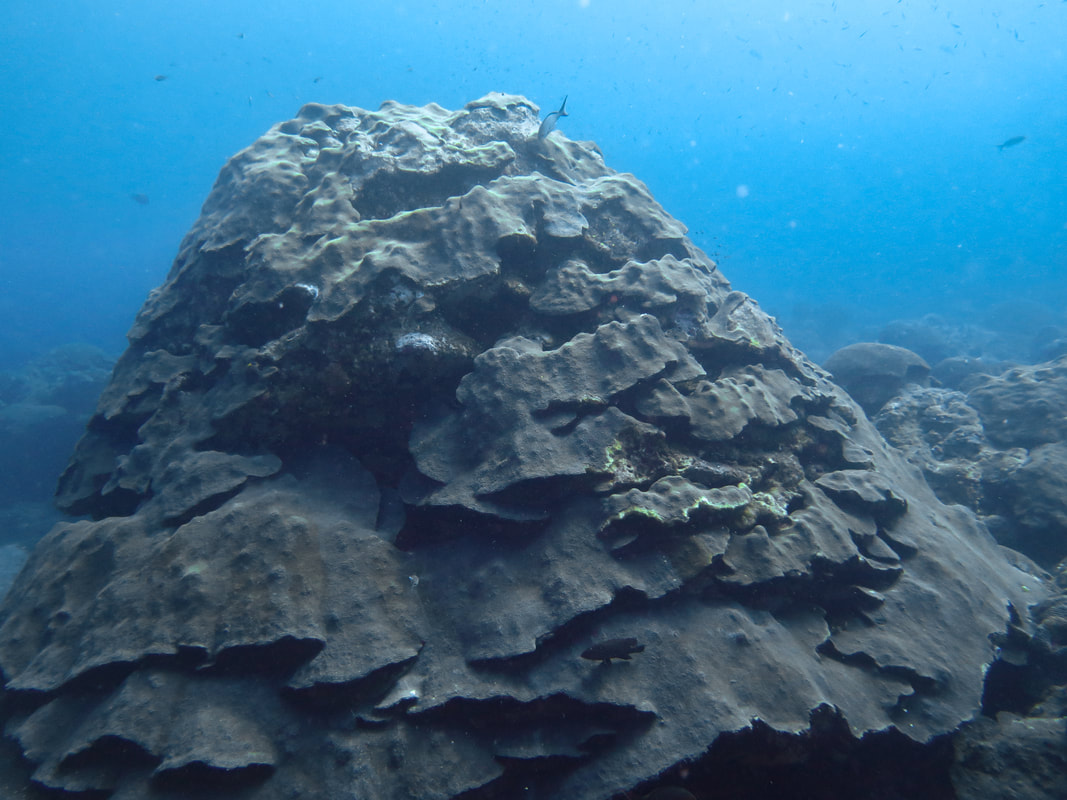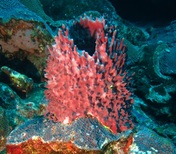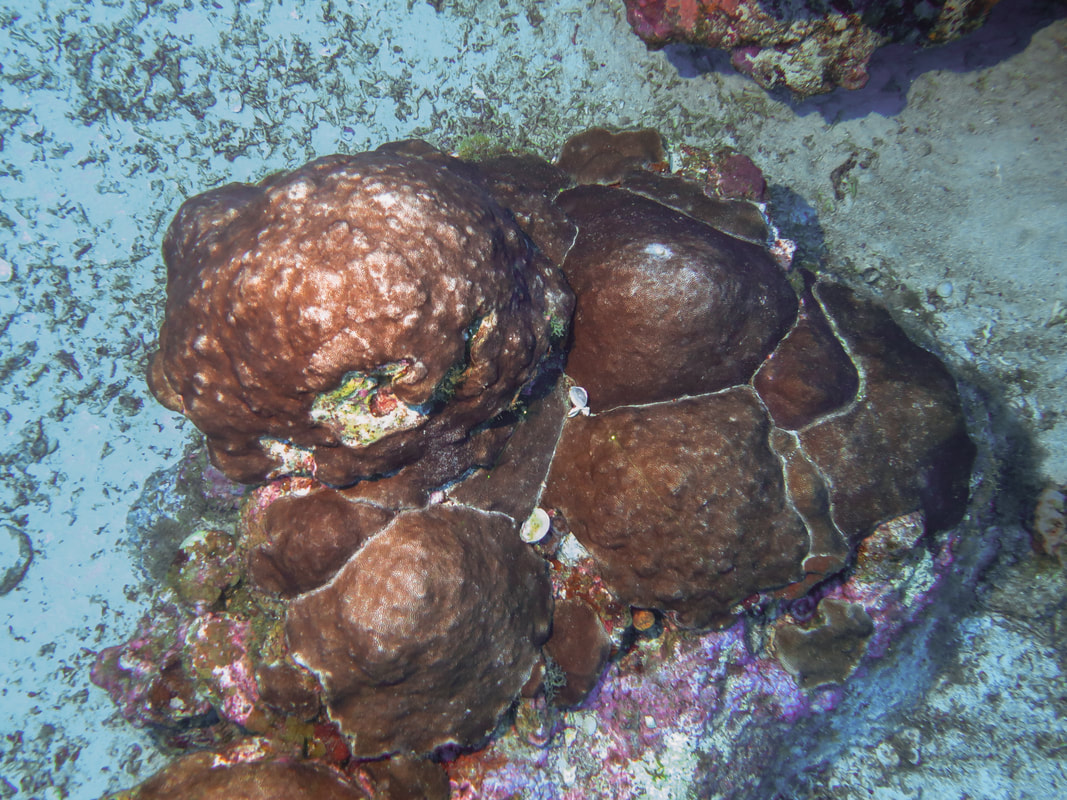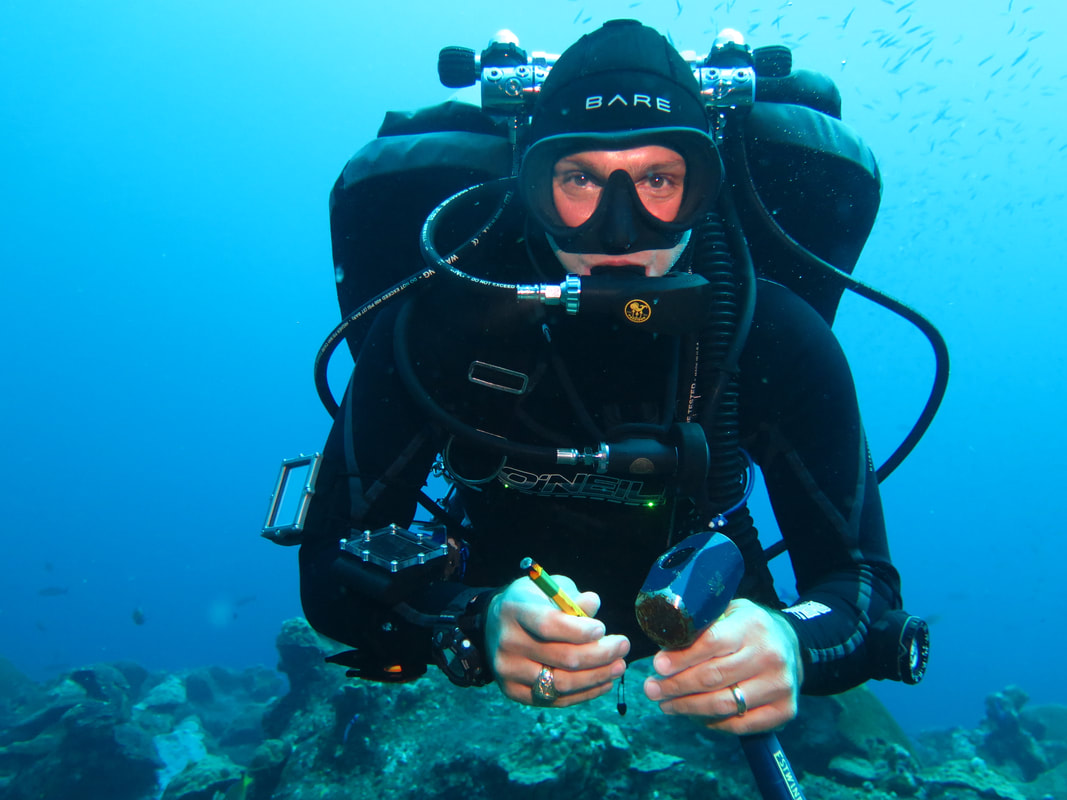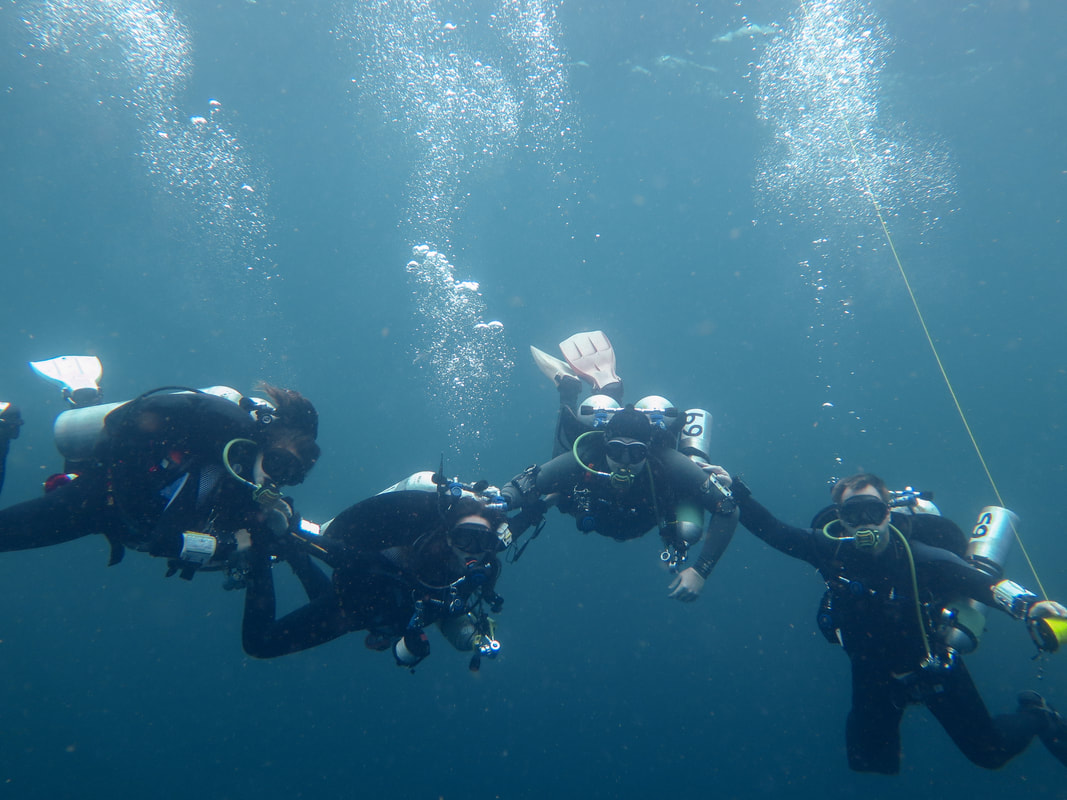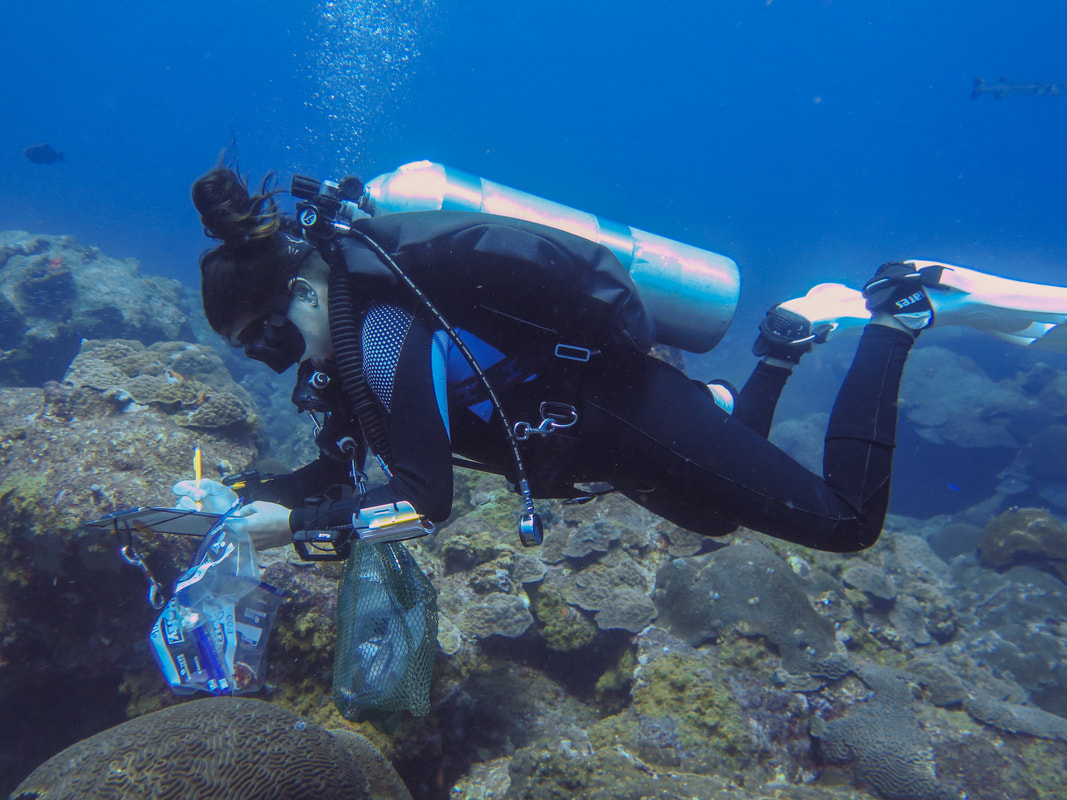Our FAU Harbor Branch team was very well represented with 10 presentations:
- Joshua Voss et al. Mesophotic Coral Ecosystem Exploration and Characterization in the Gulf of Mexico, Florida, Cuba, and Mesoamerica
- Ryan Eckert et al. Genetic connectivity and algal symbiont communities of shallow and mesophotic Stephanocoenia intersepta populations in Florida
- Alexis Sturm et al. Genetic connectivity patterns among shallow and mesophotic Montastraea cavernosa coral populations in the Gulf of Mexico and Western Caribbean
- Erin Shilling et al. Intervention strategies for diseased corals in Southeast Florida and potential impacts on mucus microbial communities
- Allie Klein et al. Stony coral tissue loss disease susceptibility and resistance: Genomic and microbiome factors in Orbicella faveolata
- Gabby Pantoni et al. Can coral restoration combat coral losses to stony coral tissue loss disease in the northern region of Florida's Coral Reef? (DEP/FWC)
- Sydney Bell et al. Can Genomic Information Help Predict Coral Restoration Success? 2bRAD Sequencing in a Multi-Species South Florida Coral Restoration Experiment
- Ashley Carreiro et al. Assessment of nutrient enrichment effects on stony coral tissue loss disease progression and microbial communities in Montastraea cavernosa corals
- Haley Davis & Joshua Voss. Hyposalinity thresholds for stony corals Montastraea cavernosa and Porites astreoides in southeast Florida
- Michael Studivan et al. Optimizing stony coral tissue loss disease intervention strategies through whole-transcriptome gene expression profiling

